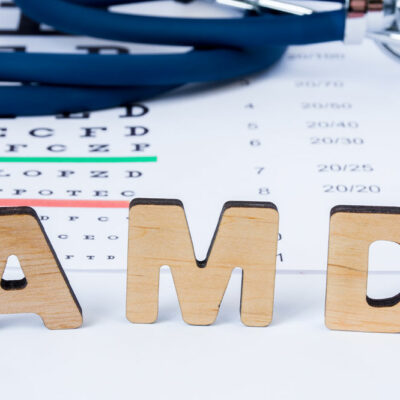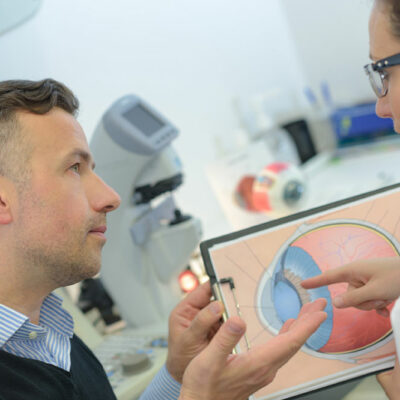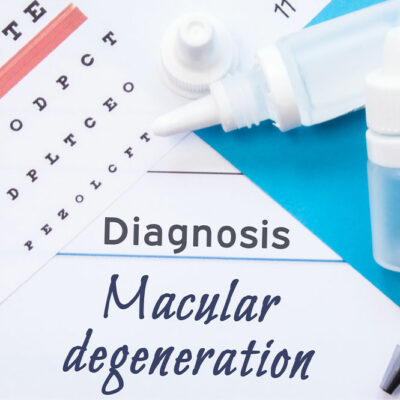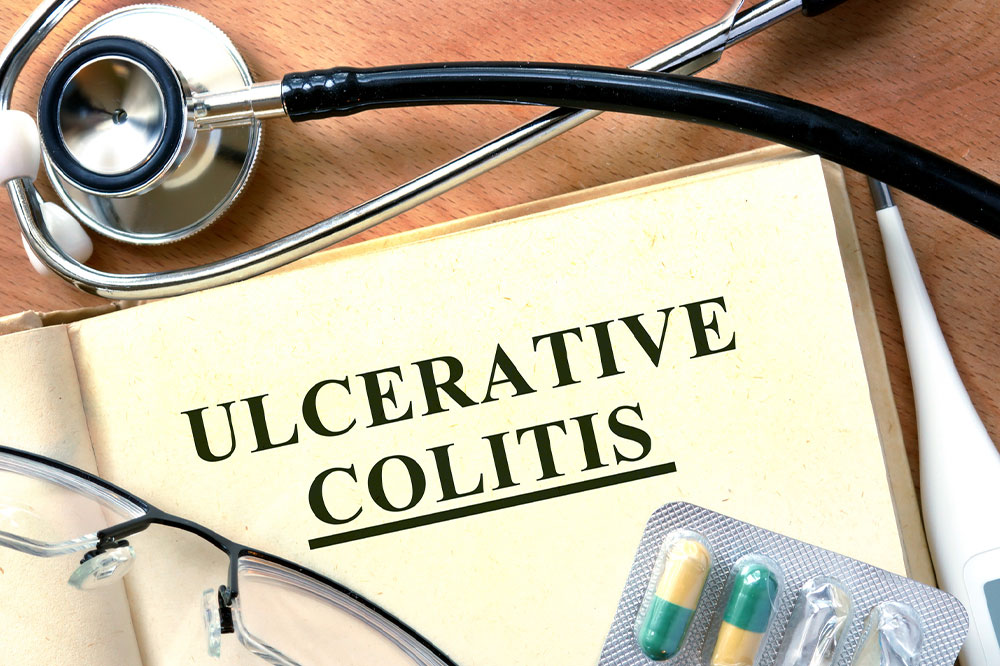Chronic kidney disease management – Things to know
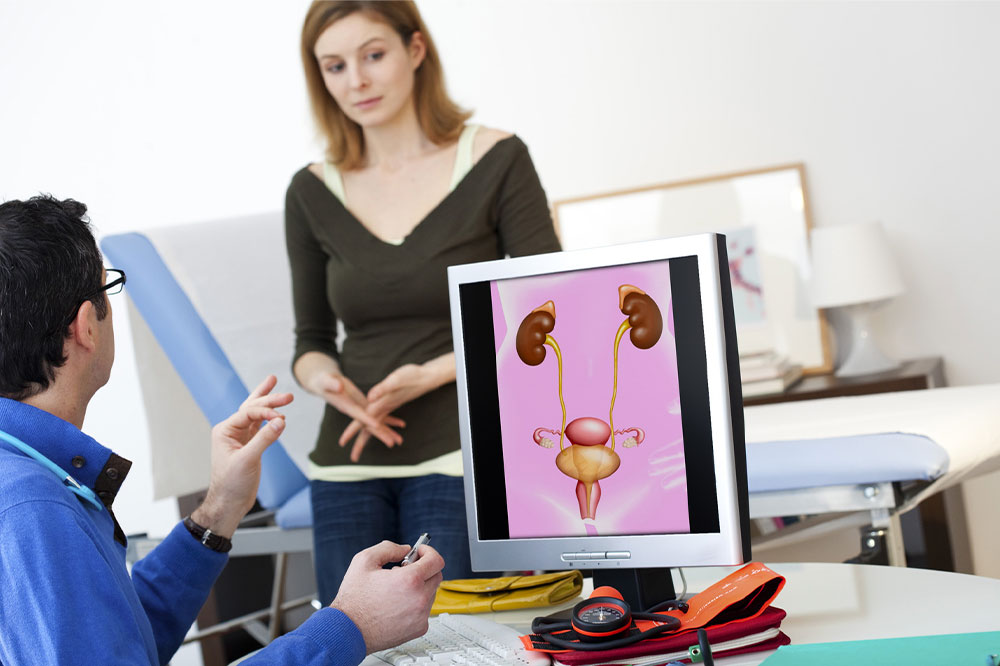
The kidneys in the human body filter all the blood in about 30 minutes to remove wastes, excess fluid, and toxins. The organ also helps control blood pressure, boost red blood cell production, and keep the bones healthy. But an individual may develop chronic kidney disease (chronic kidney failure) – the gradual loss of kidney function. It will hamper the overall functionality of the organ and lead to severe health complications.
Symptoms
The indicators of chronic kidney disease develop over time if the damage occurs gradually. Losing kidney function may result in an alarming build-up of fluid, body waste, or electrolytes. The signs and symptoms of the condition may also be caused by other health conditions, making kidney disease difficult to diagnose. Moreover, since kidneys cannot recover from lost function, the individual may not develop symptoms until the disease reaches advanced stages. Based on the severity of the disease, a person who suffers from loss of kidney function may experience vomiting, nausea, loss of appetite, chest pain (if there is fluid build-up around the lining of the heart), weakness, fatigue, excessive or poor urination, sleeping difficulties, muscle cramps, itchy or dry skin, hypertension (high blood pressure) that is difficult to manage, shortness of breath (if there is a build-up of fluids in the lungs), swollen feet or ankles, and declined mental sharpness.
Causes
Chronic kidney disease occurs when a health condition affects the kidney’s function. It leads to kidney damage becoming worse over months and sometimes years. Based on research, the most common health complications that may cause chronic kidney disease include –
- Type 1 or type 2 diabetes
- Pyelonephritis, which are recurring kidney infection
- Glomerulonephritis – an inflammation of the kidney’s filtering units
- Inflammation of the kidney’s tubules and covering structures (interstitial nephritis)
- High blood pressure
- Vesicoureteral reflux – a condition that causes urine to back up into your kidneys
- Polycystic kidney disease
- Prolonged obstruction of the urinary tract due to health conditions like kidney stones, an enlarged prostate, or certain cancers
- Other inherited kidney diseases
Risk factors
Individuals may also risk developing chronic kidney disease due to other influencing factors. These include age, cardiovascular (heart) disease, diabetes, abnormal kidney structure, regular use of prescriptions that may damage the kidneys, and a history of the disease in the family.
Management tips
A person who develops chronic kidney disease will require certain prescriptions to alleviate symptoms. End-stage kidney disease may require dialysis or kidney transplants based on the severity of the condition. However, apart from receiving treatments, a healthcare expert may also recommend certain management tips to cope with the condition.
Making changes to a meal plan
Since a damaged kidney cannot process liquids and foods as efficiently as before, a healthcare expert may recommend changes to one’s nutritional regime.
Limiting salt
The individual may have to reduce the amount of sodium in their meals as the kidneys may find it challenging to process. They will also have to avoid foods high in sodium, including convenience foods like frozen dinners, fast foods, and canned soups. In addition, covered veggies, cheeses, salty snacks, and processed meats are also high in sodium and must be avoided.
Eating low-potassium foods
Potassium should also be cut down or avoided in meals. A few foods rich in the element include oranges, bananas, potatoes, tomatoes, and spinach. Options suitable for someone with chronic kidney disease include carrots, strawberries, grapes, cabbage, apples, and green beans. Moreover, salt substitutes may contain potassium and must be avoided to prevent kidney failure.
Curbing protein intake
One should curb their protein consumption if one suffers from kidney disease. High-protein foods include milk, lean meats, eggs, cheese, and beans. A few foods low in the property are certain fruits, vegetables, cereals, and bread. A healthcare professional can help indicate the amount of protein one should consume in one day.
Seeking support
Apart from monitoring the food one eats, seeking support is also essential. It is because receiving a diagnosis of chronic kidney disease might be troubling and can lead to several emotions, like sadness. Therefore, one must join a support group that other individuals with a similar diagnosis attend. These people may understand what their peers are going through and suggest coping mechanisms against chronic kidney disease.
Speaking to a trusted individual
If one is uncomfortable about joining a support group, one should speak to a trusted individual, like a close friend or family member. Speaking to a familiar face may help the patient open up more about their feelings. Moreover, the person they trust can help patients with daily tasks, drive them to appointments and back, and keep tabs on their progress.
Following regular routines
A diagnosis of chronic kidney disease can lead to feelings of sadness. It is why one should try or continue indulging in routine daily activities. Doing so will keep them engaged and help them cope with such emotions. Also, individuals with kidney complications should get at least 30 minutes of physical activity daily. Doing so may help them cope with the stress and fatigue caused by the condition. However, they should practice these activities only under the guidance of a healthcare expert.
Making regular appointments
Chronic kidney disease must be monitored and diagnosed by a healthcare expert on a regular basis. Therefore, one should plan and better prepare themselves for regular appointments. A patient can prepare for a check-up by making a list of the symptoms (including those unrelated to the kidneys or urinary function), the prescriptions, vitamins, other supplements, and doses taken to manage the disease, and other family members who had or are currently experiencing similar problems. The patient should also list questions about their condition to ask the healthcare expert. Doing so may help them better understand their diagnosis and learn how to cope with chronic kidney disease.


